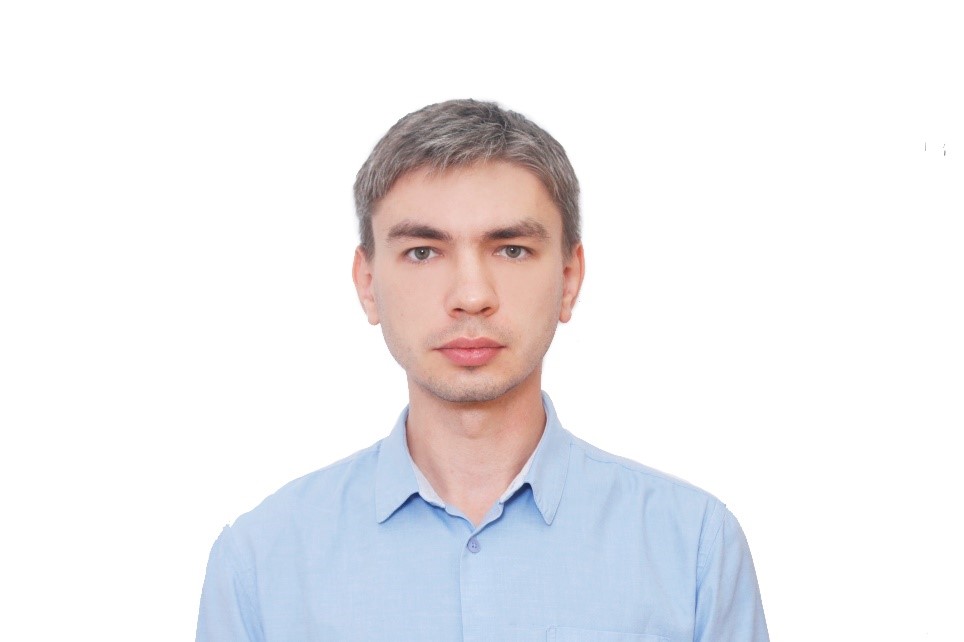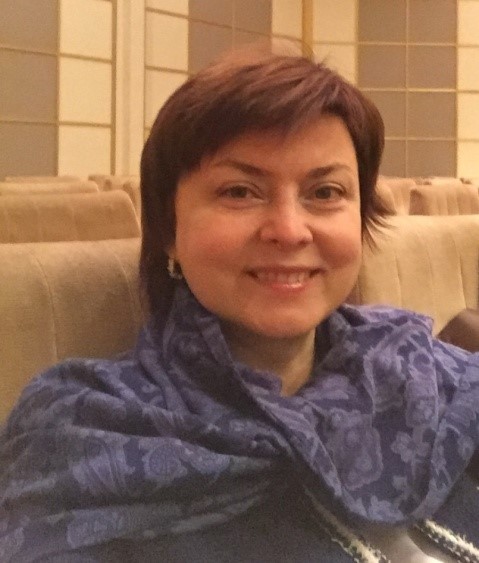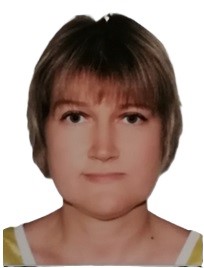Fedorov Artem Anreevich
Place of study: Saint Petersburg State University of Civil Aviation named after Air Chief Marshal A.A. Novikov, Saint Petersburg, Russia
Academic status: Postgraduate student of the Department of Flight Operation and Safety of Civil Aviation.
Specialty from nomenclature of scientific specialties (Code of Higher Attestation Commission): 05.22.14 – operation of air transport
Scientific major: flight operation, flight safety, professional training of flight personnel
Important publications:
- Verstiuk A., Kovalenko G., Fedorov A., Patrikeev O. Methods for Assessing the Influence of External Factors on Airplane Flight // In: Gorbachev O. A., Gao X., Li B. (eds) Proceedings of 10th International Conference on Recent Advances in Civil Aviation. Lecture Notes in Mechanical Engineering. Singapore: Springer, 2023. P. 297-306. https://doi.org/10.1007/978-981-19-3788-0_26.
- Kochkarev G. K. Some reasons for aircraft getting into a difficult spatial position / G. K. Kochkarev, E. A. Senozhatsky, A. A. Fedorov // Problems of flight operation and flight safety. – 2019. – № 13. – P. 58-66.
- Fedorov A. V. Analysis of the functional states of the pilot affecting flight safety / A. V. Fedorov, O. A. Pimashin, A. A. Fedorov // Problems of flight operation and flight safety. – 2020. – № 14. – P. 160-174.
- Fedorov A. A. Prerequisites for the integration of the quality management system into the flight safety management system / A. A. Fedorov, A. V. Fedorov // Problems of flight operation and flight safety. – 2018. – № 12. – P. 189-193.





